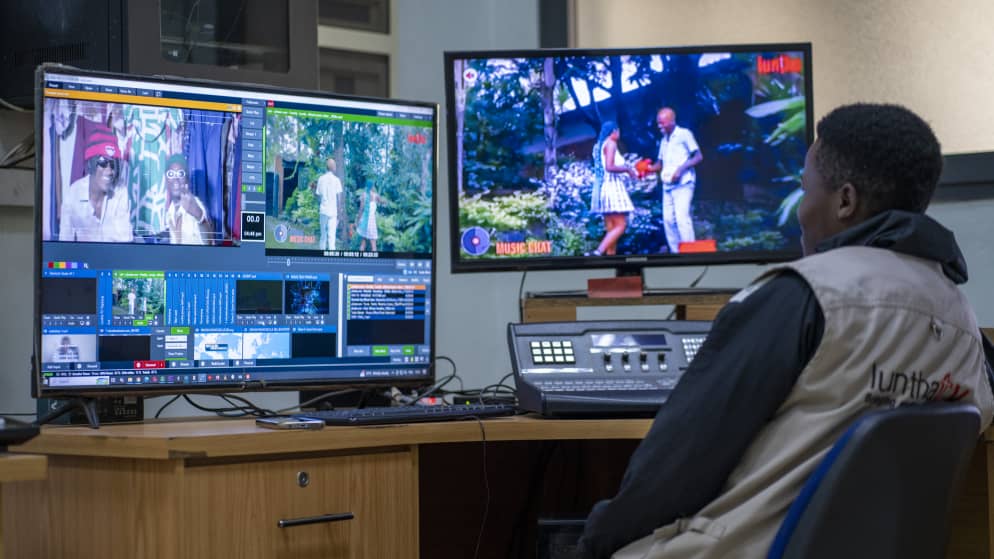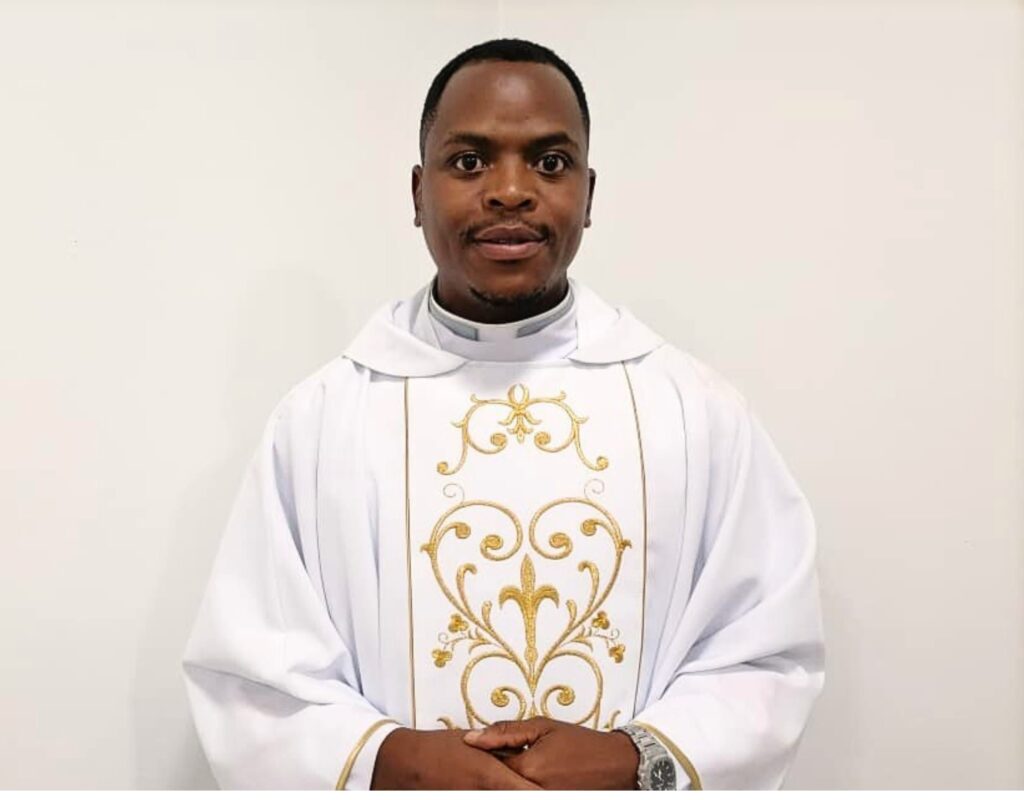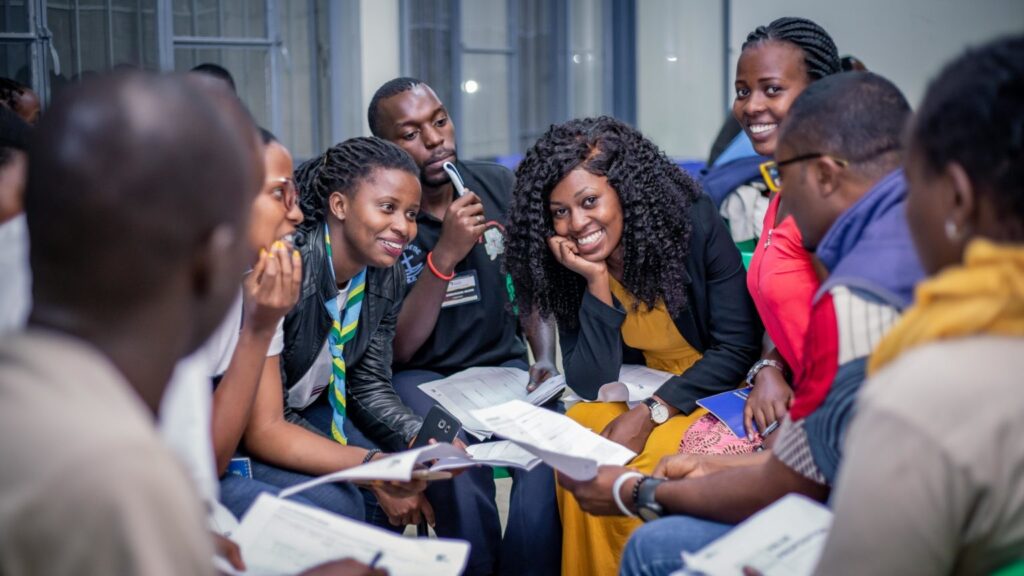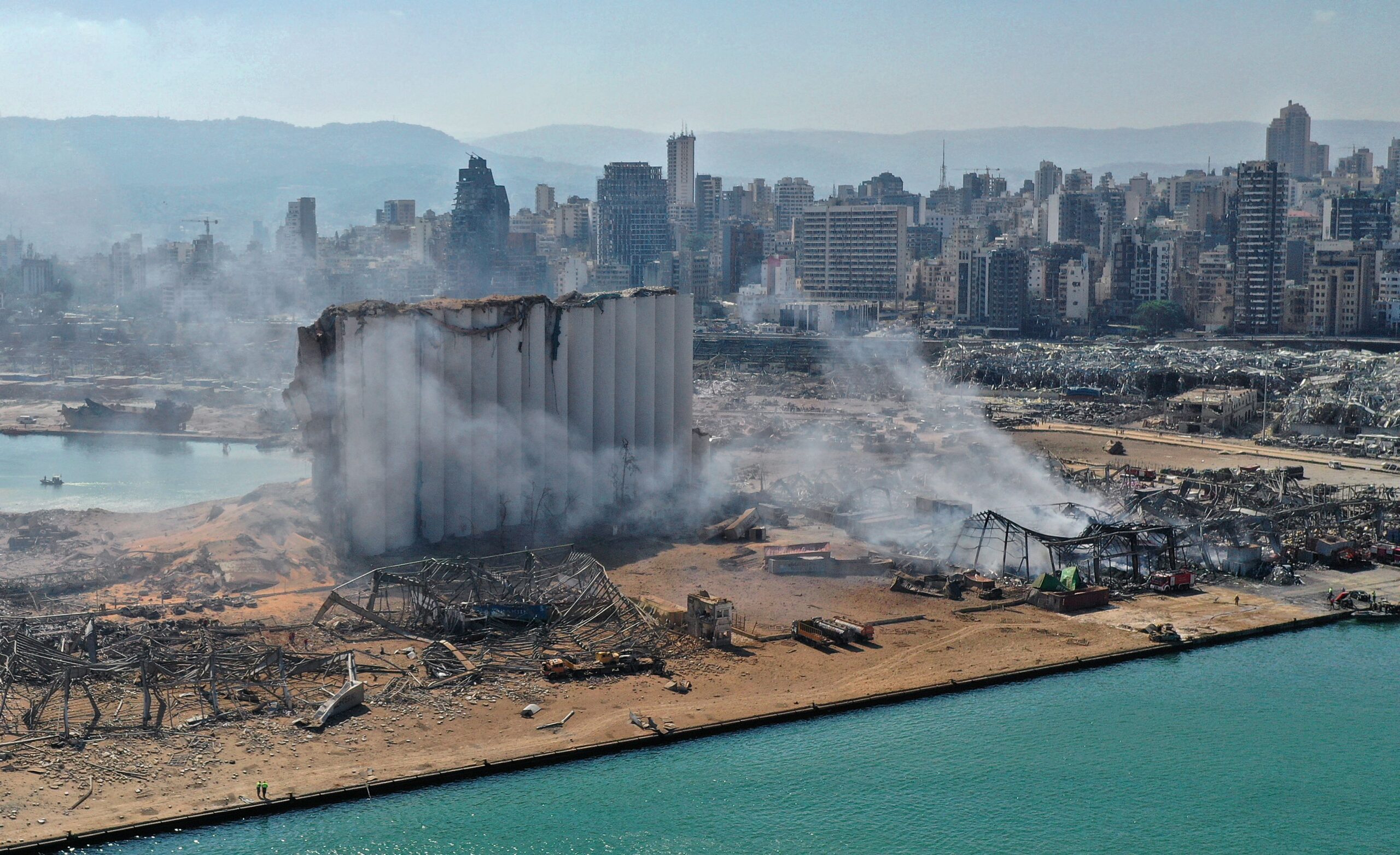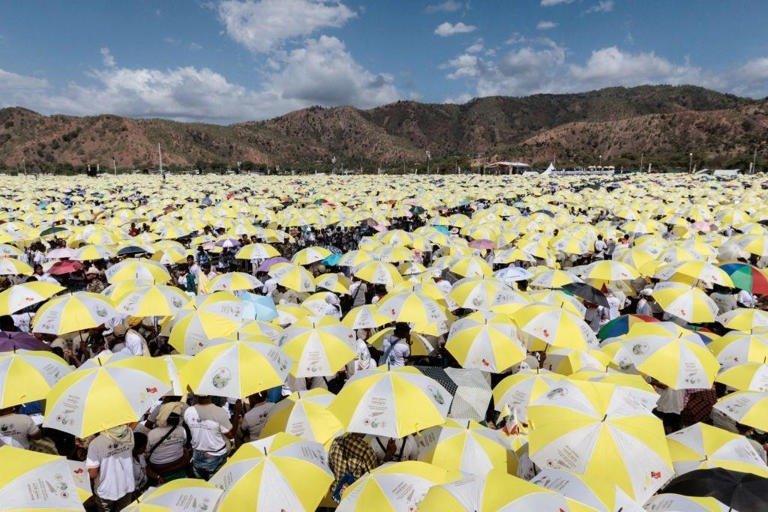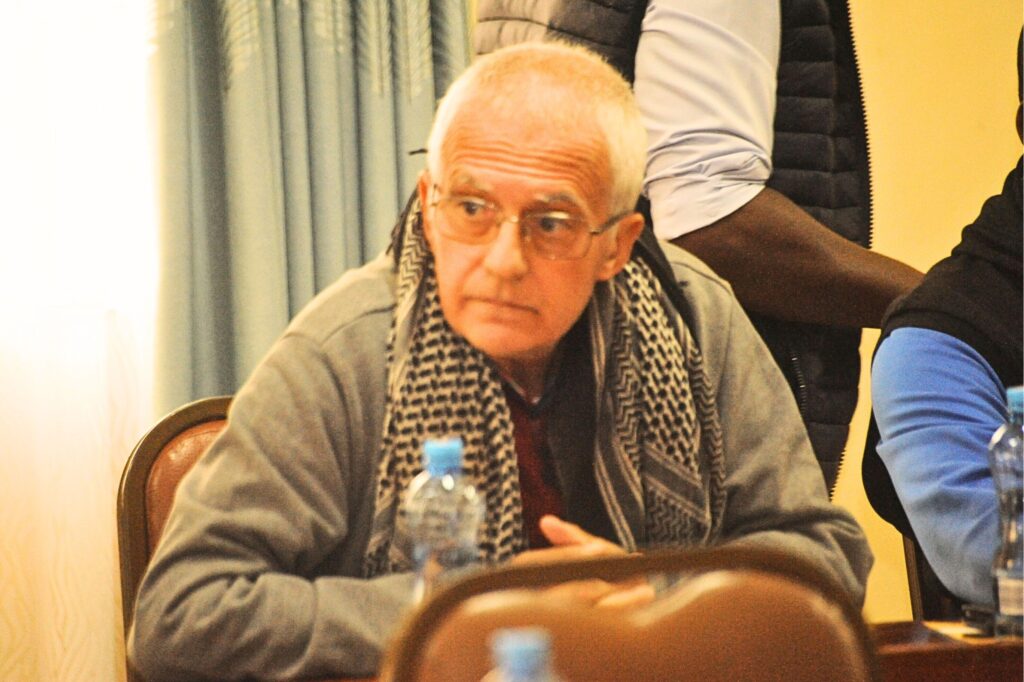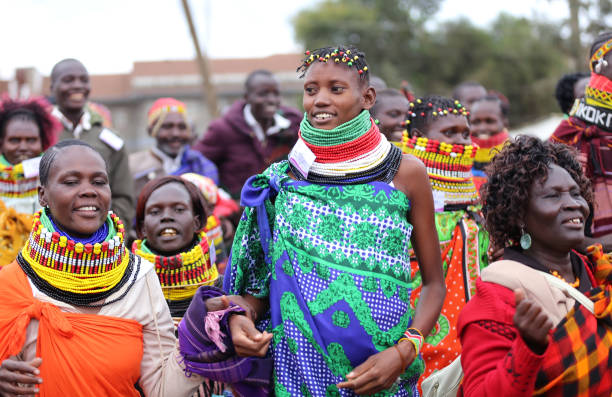As we step into 2024, the universal sentiment of renewed hope prevails, echoing the timeless optimism that accompanies the beginning of a new year. People from all walks of life anticipate improvements and positive changes, fostering a positive human inclination towards optimism. The belief in a better year than the last is a powerful force that revitalises our spirits.
On an individual level, New Year’s resolutions typically reflect the aspiration to evolve into a better version of ourselves across various facets of life. While not all resolutions may come to fruition, the act of setting goals is psychologically ingrained in human nature. This desire for personal growth is a testament to our inherent drive for self-improvement.
This aspiration for progress extends beyond individual endeavours to encompass societal and religious realms. Therefore, collectively, we should strive to contribute to the enhancement of our communities and church compared to the preceding year.
What we saw last year in terms of new and old wars in the world should accentuate our resolve to work for justice, reconciliation and peace in 2024. While resolving complex issues like those in the Middle East (Israel and Palestine), Russia and Ukraine, and Eastern Congo DRC may be beyond individual capabilities, collective efforts are essential. As Christians, we can contribute by praying for global peace, supporting peace movements through actions such as signing online petitions, participating in peace marches, and urging political leaders to endorse and enforce international peace agreements. Above all, we can each play a role as peacemakers within our spheres of influence.
Within the context of the Church, there is ample reason for hope. The inaugural session of the Assembly of the Synod on Synodality held in Rome last October provided profound insights. The synthesis report from the assembly offers a seed for a roadmap towards transforming the Church into a synodal entity.
Truly, each synod holds great significance, akin to a pivotal moment or a Kairos, to borrow from a biblical concept. The assembly, with its diverse composition, offered a glimpse into what it means to be the body of Christ. For the first time, non-bishop participants, including ordained ministers, religious men and women, and the laity, collectively discerned the path forward for the Church in today’s complex world.
The assembly’s work is ongoing, with the discernment process set to resume in Rome this October. During this phase, the final document will be drafted and presented to the Holy Father. Subsequently, we anticipate that the Holy Father will issue a document outlining how the Church will engage both internally and with the world reading the signs of the time.
In this edition, we present excerpts from the Synthesis Report, divided into three sections: “the face of the synodal Church,” “All disciples, all missionaries,” and “Weaving bonds, building community.” Additionally, we share the experiences of an archbishop and a priest who actively participated in the Assembly of the Synod on Synodality.
As 2024 unfolds, let us adopt the attitudes of listening and inclusivity exemplified during the assembly in Rome. These practices have the potential to catalyse the deeper aspirations of all human beings—justice, reconciliation, and peace.
By Fr Andrew Bwalya, MCCJ.



